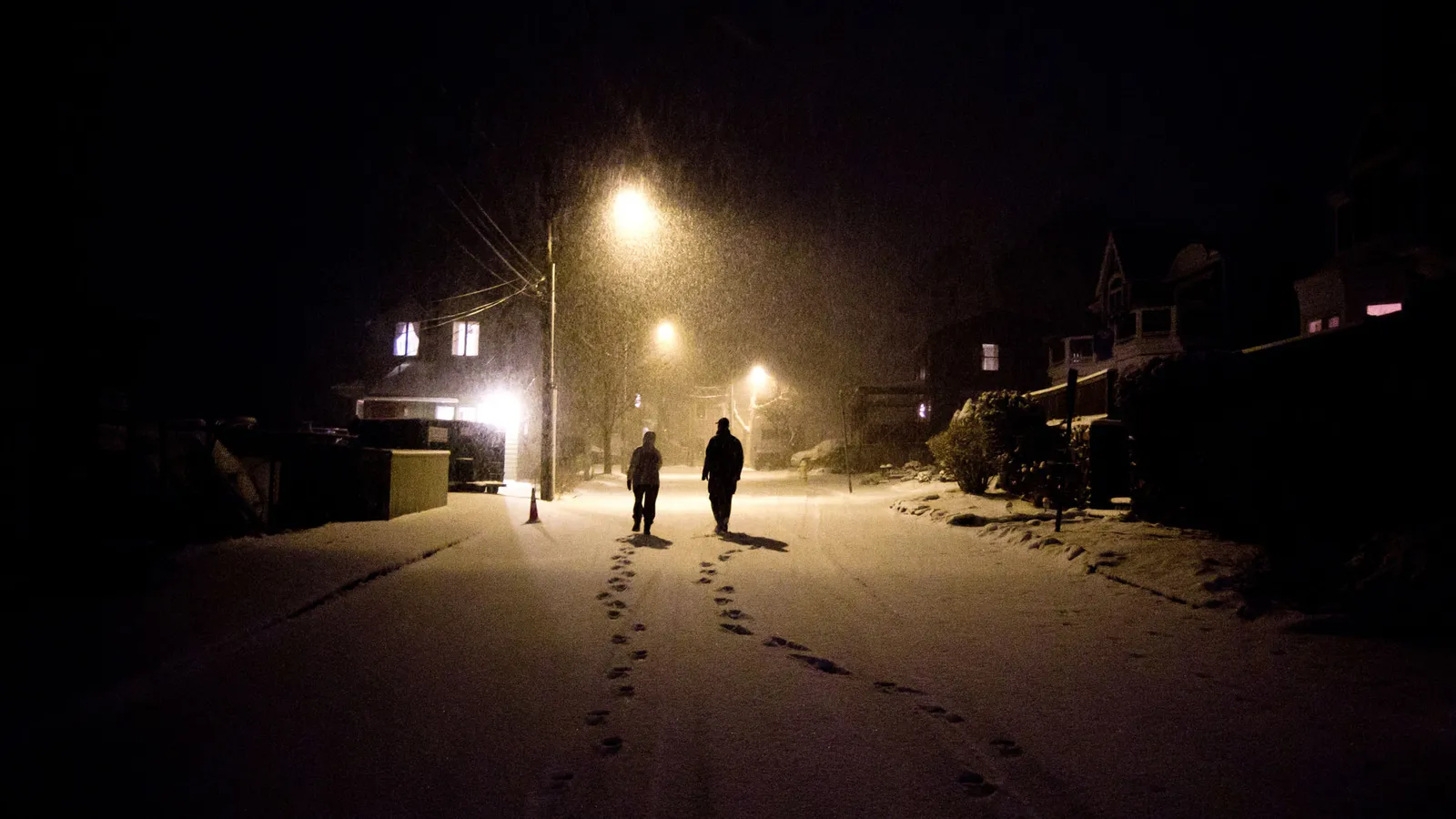
Main findings:
- The seasons, especially winter, can affect our mood, memory, concentration, social behavior, and sex drive.
- Shorter daylight hours are linked to winter blues and Seasonal Affective Disorder (SAD), characterized by low mood, sleep issues, and energy loss.
- Reduced light disrupts our circadian rhythm, impacting mood and cognitive function.
- Vitamin D deficiency (from less sunlight) might also contribute to winter blues and cognitive decline.
- We may subconsciously seek warmth and social connection during colder months, explaining increased interest in romance films and social activities.
- Sexual activity fluctuates across seasons, potentially due to the desire for physical and emotional warmth.
Key takeaways:
- Embrace positive aspects of winter like its beauty and coziness to improve mood.
- Cognitive behavioural therapy can help managing negative thoughts and boost winter well-being.
- Don’t be hard on yourself if you’re forgetful or less social during winter; it’s natural.
- Actively seek social connection and engage in activities you enjoy to combat winter blues.
- 2019 Cochrane Systematic Review concluded that the evidence for light therapy’s effectiveness as a preventative treatment was limited.
You must log in or # to comment.


